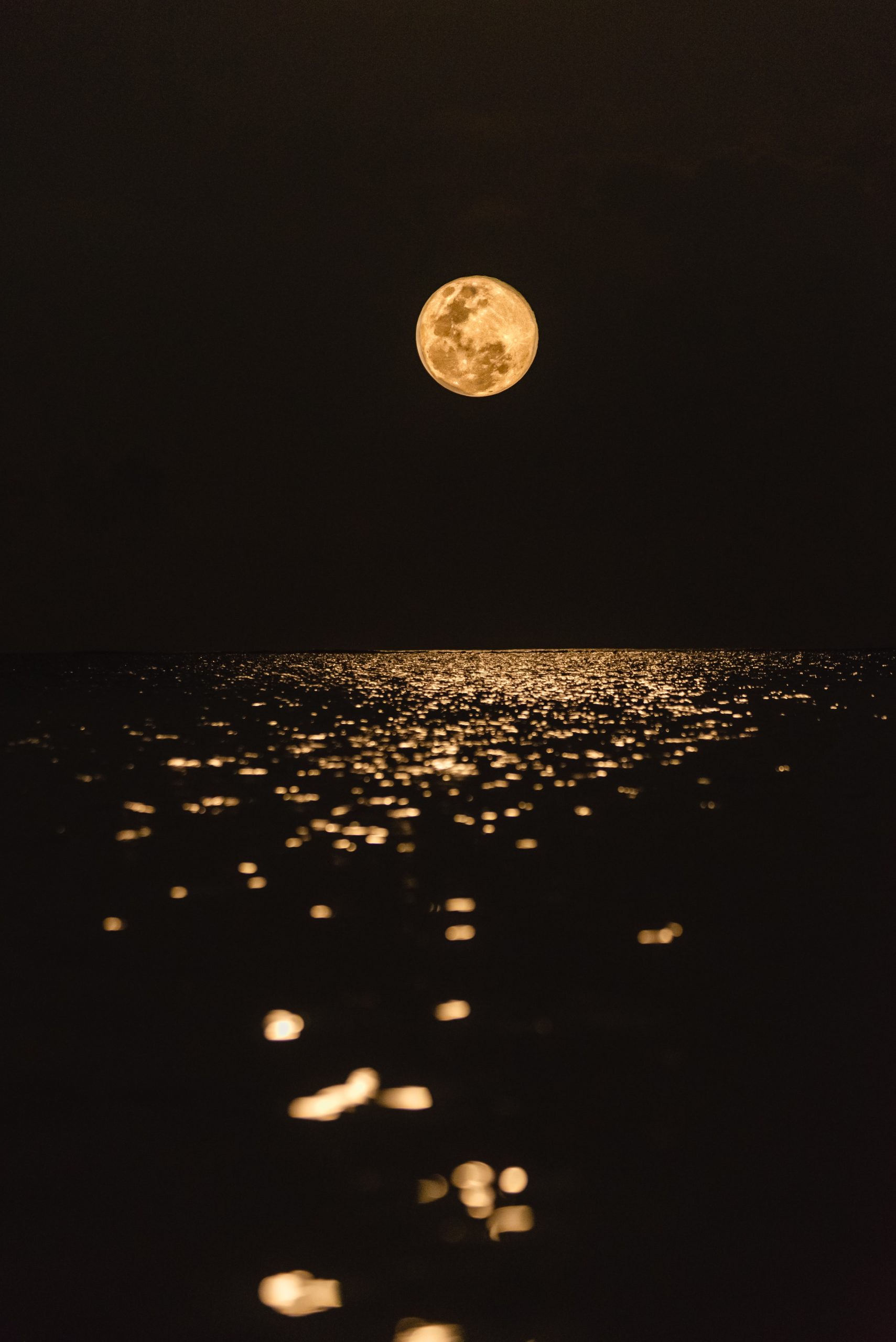The Beauty of Lunar Calendar Time: Exploring the Ancient Wisdom and Modern Applications
Since ancient times, humans have relied on the cycles of the moon to navigate their lives. Unlike the traditional Gregorian calendar, which follows the solar year, the lunar calendar aligns with the phases of the moon. This unique timekeeping system offers a wealth of cultural significance, scientific insights, and practical applications. In this blog post, we delve into the fascinating world of lunar calendar time and explore its rich history, symbolism, and modern-day relevance. Join us on this celestial journey as we uncover the secrets of the lunar calendar.
Understanding the Lunar Calendar
The lunar calendar, also known as the moon-based calendar, is a timekeeping system that tracks the monthly cycles of the moon. It divides the year into lunar months, typically consisting of either 29 or 30 days, resulting in a shorter year compared to the solar-based Gregorian calendar. The lunar calendar recognizes the changing phases of the moon, including the new moon, waxing crescent, first quarter, waxing gibbous, full moon, waning gibbous, last quarter, and waning crescent.
Historically, many civilizations around the world developed lunar calendars independently. The ancient Mayans, Chinese, Egyptians, and Native American tribes, among others, all relied on the lunar calendar to mark the passage of time and organize their societies.
The Cultural Significance of Lunar Calendar Time
The lunar calendar holds profound cultural significance for various communities across the globe. It serves as a guide for religious and spiritual practices, traditional festivals, agriculture, and even personal decision-making.
Religious and Spiritual Practices
The lunar calendar plays a crucial role in religious observances and spiritual practices for many cultures. In Islam, for example, the Islamic calendar follows a lunar-based system, and the sighting of the new moon marks the beginning of the holy month of Ramadan. Similarly, in Buddhism, the timing of major festivals such as Vesak is determined by lunar phases.
Traditional Festivals
Countless traditional festivals and celebrations are intricately tied to lunar calendar time. The Chinese New Year, celebrated by millions around the world, falls on the second new moon after the winter solstice. The Mid-Autumn Festival, widely celebrated in East Asia, also follows the lunar calendar and is a time for families to reunite and appreciate the full moon.
Agriculture and Farming
The lunar calendar has been an essential tool for agricultural societies, enabling farmers to align their planting and harvesting activities with the natural rhythms of the moon. Planting during specific lunar phases is believed to contribute to better crop yields and healthier plants. This knowledge is passed down through generations, ensuring sustainable agriculture practices.
Personal Decision-Making
Some individuals still consult the lunar calendar for personal decision-making, particularly when it comes to health, beauty, and lifestyle choices. Certain lunar phases are believed to have different energy levels and are associated with specific activities. For instance, some people choose to have their haircuts during a waxing moon, believing it promotes faster growth and healthier hair.
Lunar Calendar and Modern Applications
While the lunar calendar has deep historical roots, its influence extends beyond cultural traditions. In recent years, scientists and researchers have discovered fascinating connections between lunar phases and various natural phenomena.
Effect on Tides
Lunar phases play a significant role in the ebb and flow of tides. During a full or new moon, when the sun, Earth, and moon align, tides are noticeably higher, creating stronger currents. This phenomenon is crucial for coastal communities, marine life, and navigation.
Impact on Wildlife
Animals, especially those living in the wild, often synchronize their behavior with lunar cycles. From mating rituals to migration patterns, lunar phases influence the natural world in intricate ways. Researchers have found correlations between lunar cycles and animal activities, providing valuable insights into wildlife conservation efforts.
Health and Sleep
Some studies suggest that lunar phases may affect human sleep patterns and overall health. While the evidence is not definitive, researchers have observed slight variations in sleep duration, sleep quality, and even emergency room visits during specific lunar phases. Understanding these potential correlations could lead to improved healthcare practices and sleep management.
Astronomy and Space Exploration
The lunar calendar remains relevant in the field of astronomy and space exploration. For instance, planning space missions requires precise calculations of lunar phases and positions. Astronomers use lunar calendars to predict meteor showers, eclipses, and other celestial events, enhancing our understanding of the universe.
The Future of Lunar Calendar Time
As we embrace the digital age, the traditional lunar calendar continues to adapt and find its place in the modern world. Many websites and smartphone apps offer lunar calendars, allowing individuals to access lunar phase information and plan their activities accordingly.
Scientists and researchers are also actively exploring the potential benefits of further integrating lunar calendar time into our lives. From optimizing agricultural practices to fine-tuning medical treatments, the ancient wisdom encapsulated in the lunar calendar presents exciting possibilities for the future.
Conclusion
The lunar calendar represents a timeless connection between humanity and the celestial realm. It transcends boundaries of time and culture, offering profound insights into the natural world and practical applications in fields ranging from agriculture to space exploration. Whether you choose to follow the lunar calendar for personal or scientific purposes, exploring this ancient timekeeping system promises a deeper understanding of ourselves and the universe we inhabit.
Table of Contents
